You’ve already seen all of my delightful purchases from the 2023 Gaithersburg Book Festival.
I wanted to take a moment to share some photographs from the Edgar Allan Poe tent full of poets and the High School Poetry Contest awards ceremony.
- Poets Miguel Mitchell, Patricia Davis-Mufferr, Sarah Katz, Rebecca Bishophall, and Dwayne Lawson-Brown
- Sarah Katz, Rebecca Bishophall, Dwayne Lawson-Brown
- Poets Rebecca Bishophall and Dwayne Lawson-Brown
- Poets Rebecca Bishophall and Dwayne Lawson-Brown
- Poet Patricia Davis-Muffett
- Skippy John Jones Character
- Poet Aaron Caycedo-Kimura
- Poet Matthew Thorburn
- Poet Hajar Hussaini
- Audience questions
- Poets Jessica Simon, Sara Cahill Marron, Tonee Moll, and Dan Brady
- Poets Jessica Simon, Sara Cahill Marron, Tonee Moll, and Dan Brady
- Poet Matthew Thorburn asks questions at another panel
- Poets Kwame Sound Daniels and Suzanne Frischkorn
- Poet Suzanne Frischkorn
- Poet Shelley Puhak
- Poet Sara R. Burnett
- Poets Sara R. Burnett, Melissa Crowe
- Poet Melissa Crowe
- Poet Maggie Queeney
- Poets Naomi Thiers, Sara R. Burnett, Melissa Crowe, and Maggie Queeney
- High School Poetry Contest Awards Ceremony
- Poets Greg Luce, Courtney LeBlanc, Le Hinton
- Poet Le Hinton
- Poet Melissa Studdard
If you attended the book festival, I’d love to hear about your experience and what books you purchased!




























 About the Poet:
About the Poet:
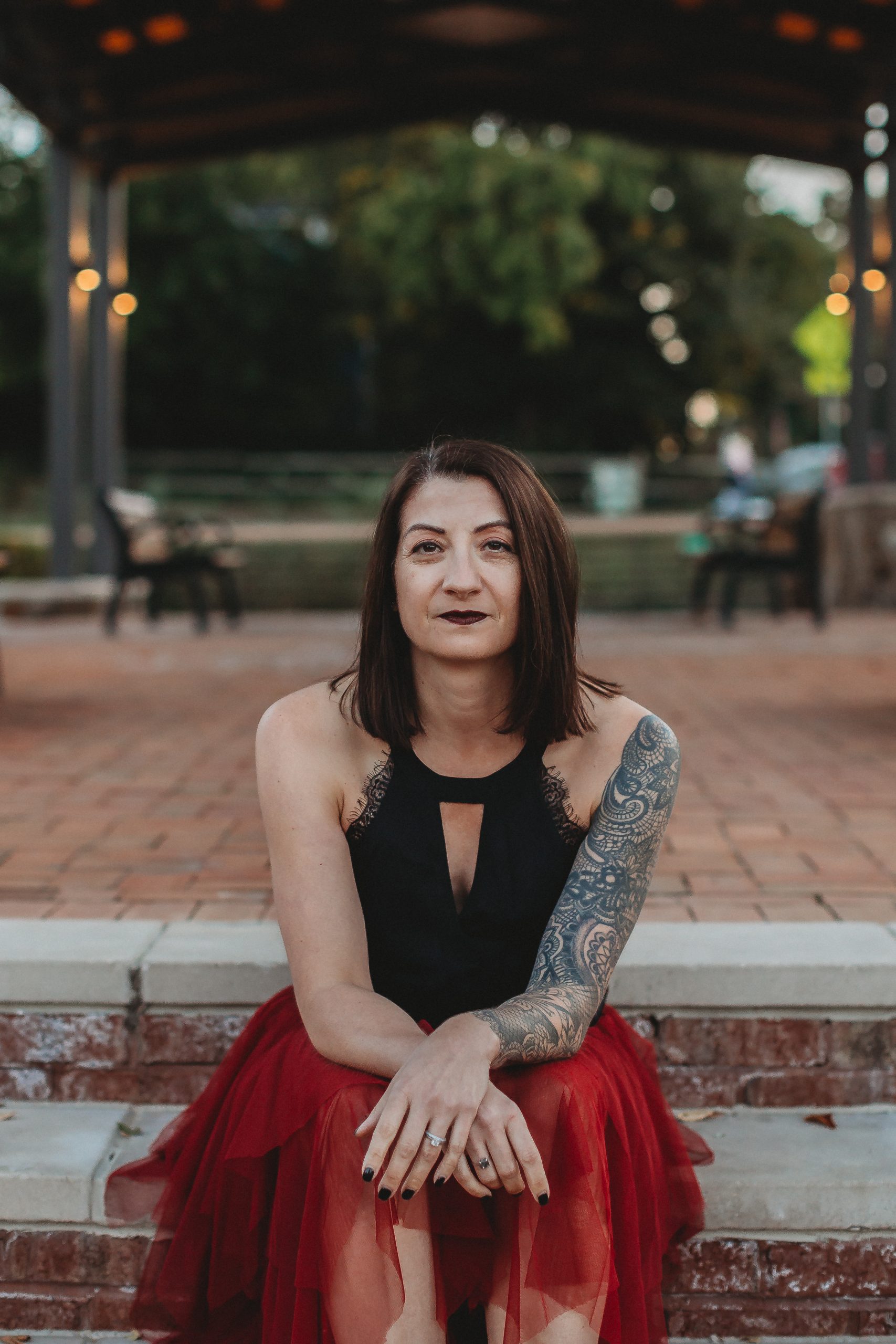 About the Poet:
About the Poet:
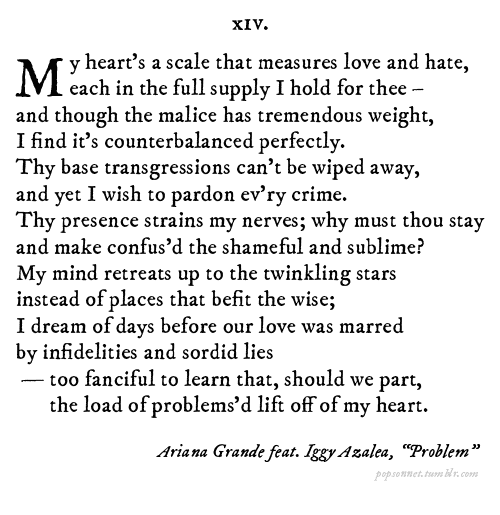
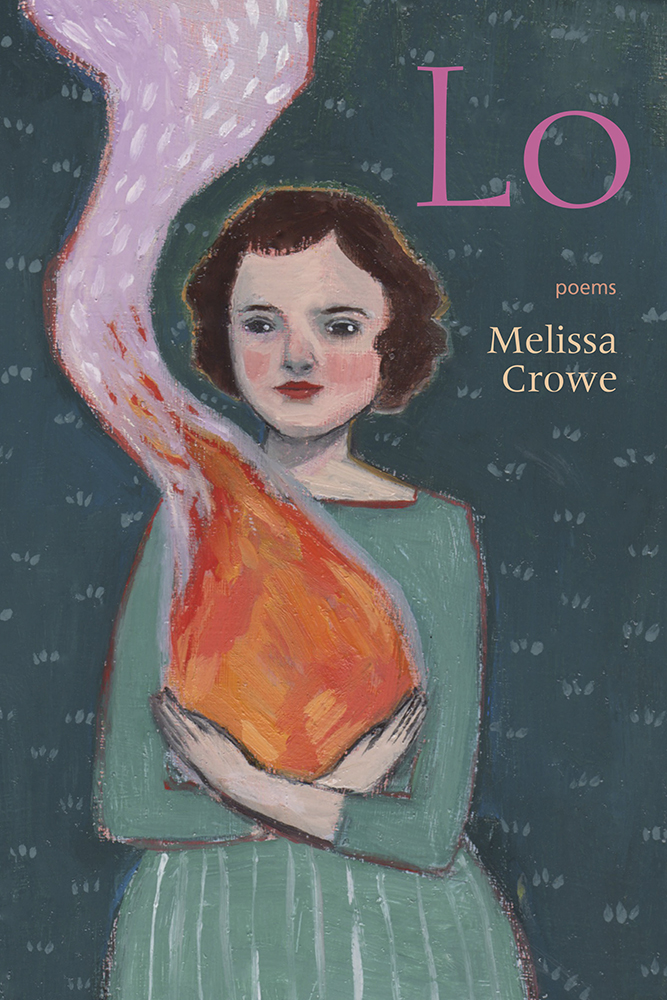
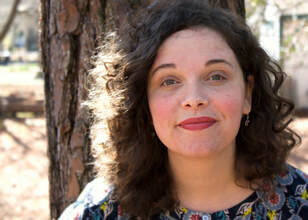 About the Poet:
About the Poet: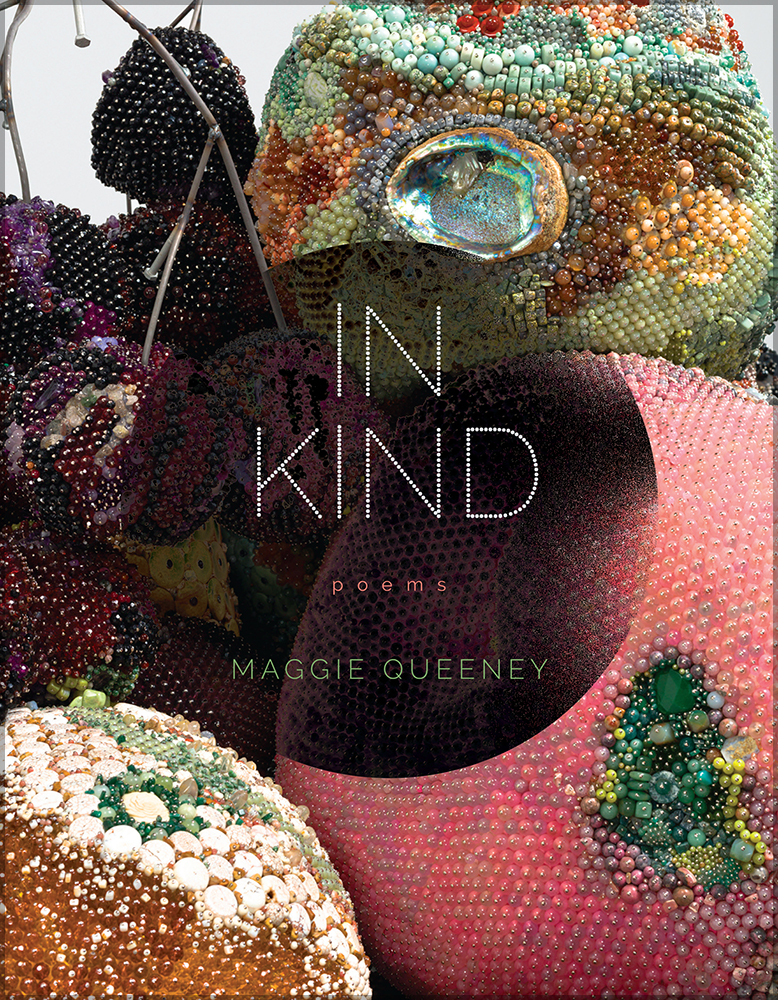
 About the Poet:
About the Poet:
 About the Poet:
About the Poet:


